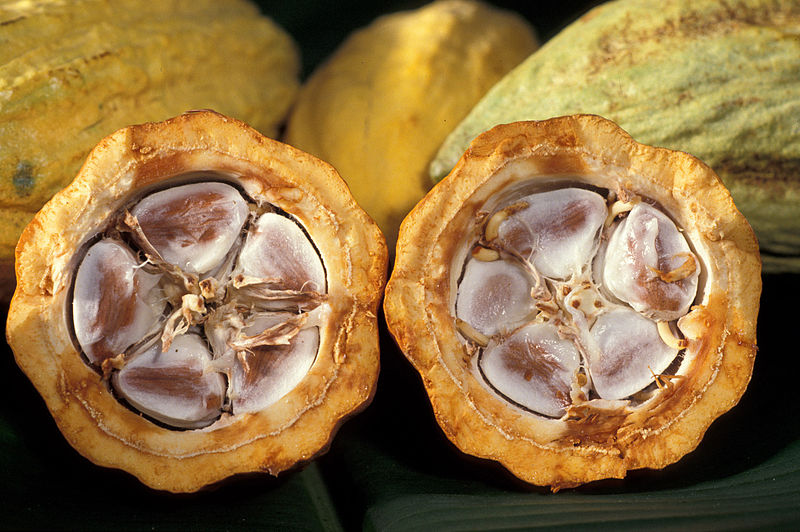Nutritious
If you buy quality dark chocolate with a high cocoa content, then it is actually quite nutritious. It contains a decent amount of soluble fiber and is loaded with minerals.

A 100-gram bar of dark chocolate with 70–85% cocoa contains (1):
- 11 grams of fiber
- 67% of the RDI for iron
- 58% of the RDI for magnesium
- 89% of the RDI for copper
- 98% of the RDI for manganese
It also has plenty of potassium, phosphorus, zinc and selenium Of course, 100 grams (3.5 ounces) is a fairly large amount and not something you should be consuming daily. All these nutrients also come with 600 calories and moderate amounts of sugar. For this reason, dark chocolate is best consumed in moderation.
The fatty acid profile of cocoa and dark chocolate is also excellent. The fats are mostly saturated and monounsaturated, with small amounts of polyunsaturated fat.
It also contains stimulants like caffeine and theobromine, but is unlikely to keep you awake at night as the amount of caffeine is very small compared to coffee.
Quality dark chocolate is rich in fiber, iron, magnesium, copper, manganese and a few other minerals.
Powerful Source of Antioxidants
ORAC stands for “oxygen radical absorbance capacity.” It is a measure of the antioxidant activity of foods. Basically, researchers set a bunch of free radicals (bad) against a sample of a food and see how well the antioxidants in the food can "disarm" the radicals. The biological relevance of ORAC values is questioned, because it's measured in a test tube and may not have the same effect in the body.
However, it is worth mentioning that raw, unprocessed cocoa beans are among the highest-scoring foods that have been tested. Dark chocolate is loaded with organic compounds that are biologically active and function as antioxidants. These include polyphenols, flavanols and catechins, among others. One study showed that cocoa and dark chocolate had more antioxidant activity, polyphenols and flavanols than any other fruits tested, which included blueberries and acai berries.
Cocoa and dark chocolate have a wide variety of powerful antioxidants. In fact, they have way more than most other foods.